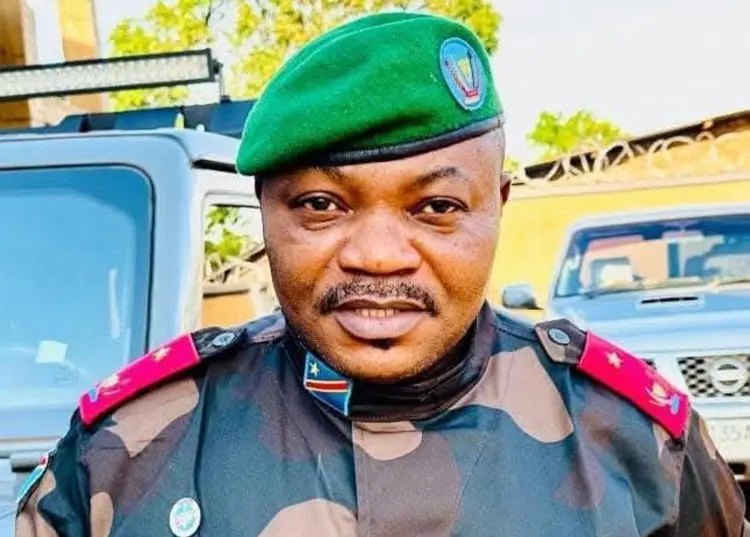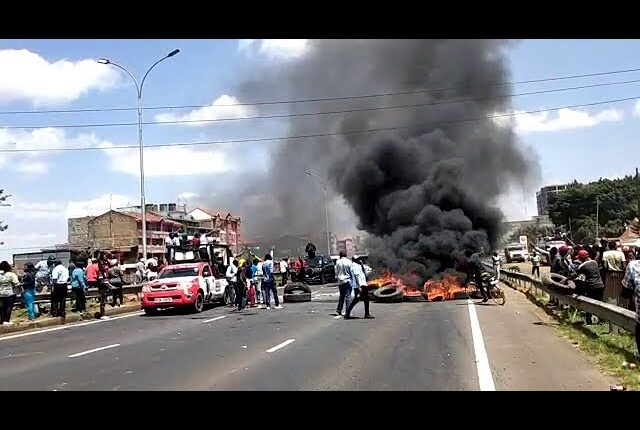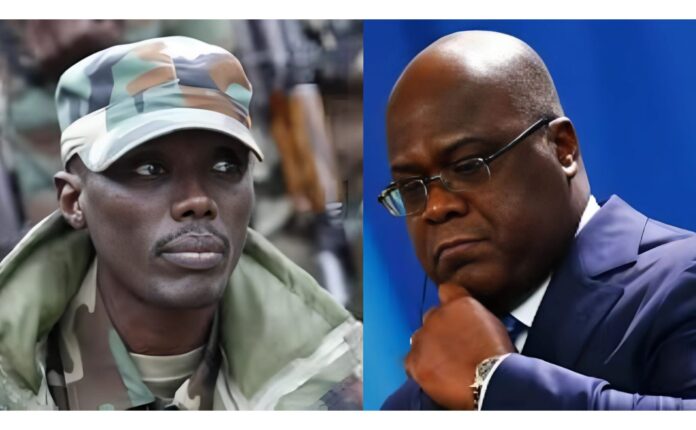A coalition of non-governmental organizations (NGOs) in the Democratic Republic of Congo (DRC) has issued a statement expressing deep concern following the unexplained arrest and detention of General Pierre Banywesize Bulanga, who was the Deputy Commander of Military Operations in the Dungu area, located in Haut-Uele Province.
Note: Company, Blog, Church websites are free.
The high-ranking officer was apprehended in a manner that shocked many, and he is currently being held at an undisclosed location.
According to human rights advocates, Banywesize was arrested while preparing to travel abroad for medical treatment. His arrest was accompanied by violence, both in motive and execution.
His family and independent civil society organizations confirm that he was taken into custody in Kinshasa during the week before last, yet no credible information has been provided regarding the charges he faces or his current whereabouts.
Muke Pablo, a leader of the anti-corruption group known as the Observatoire Citoyen de Lutte contre la Corruption (OCDIC-RDC), stated that the arrest of General Banywesize violated international human rights principles.
He said, “We cannot accept this method of illegally detaining Congolese citizens. If there are charges against him, he should be brought before a court so that the truth can be made public.”
Emilienne Baseme, a relative of General Banywesize, shared the family’s distress and trauma stemming from the complete lack of information regarding his physical condition and safety.
She said, “His disappearance and the absence of any reliable updates about his wellbeing are deeply troubling. We urge authorities to treat this matter with urgency, both domestically and internationally.”
The NGO coalition reports that in the past six months, 29 army generals have been arrested by intelligence services, 27 of them originating from Eastern Congo, a region plagued by ongoing conflict between government forces and the AFC/M23 coalition.
Reports suggest those arrested are accused of undermining military operations, but some have now been held for over two years without trial.
This has significantly increased pressure on the Kinshasa government, with human rights defenders demanding that detainees’ rights be respected and that fair judicial procedures be followed.
Although government authorities have yet to disclose the reasons for Banywesize’s arrest, military observers suggest he may be suspected of interfering with military operations or engaging in secret communications with factions opposed to the government, particularly in this conflict-ridden region.
Others believe the case reflects deeper ethnic and regional tensions, especially between individuals from Eastern Congo and those from other parts of the country.



